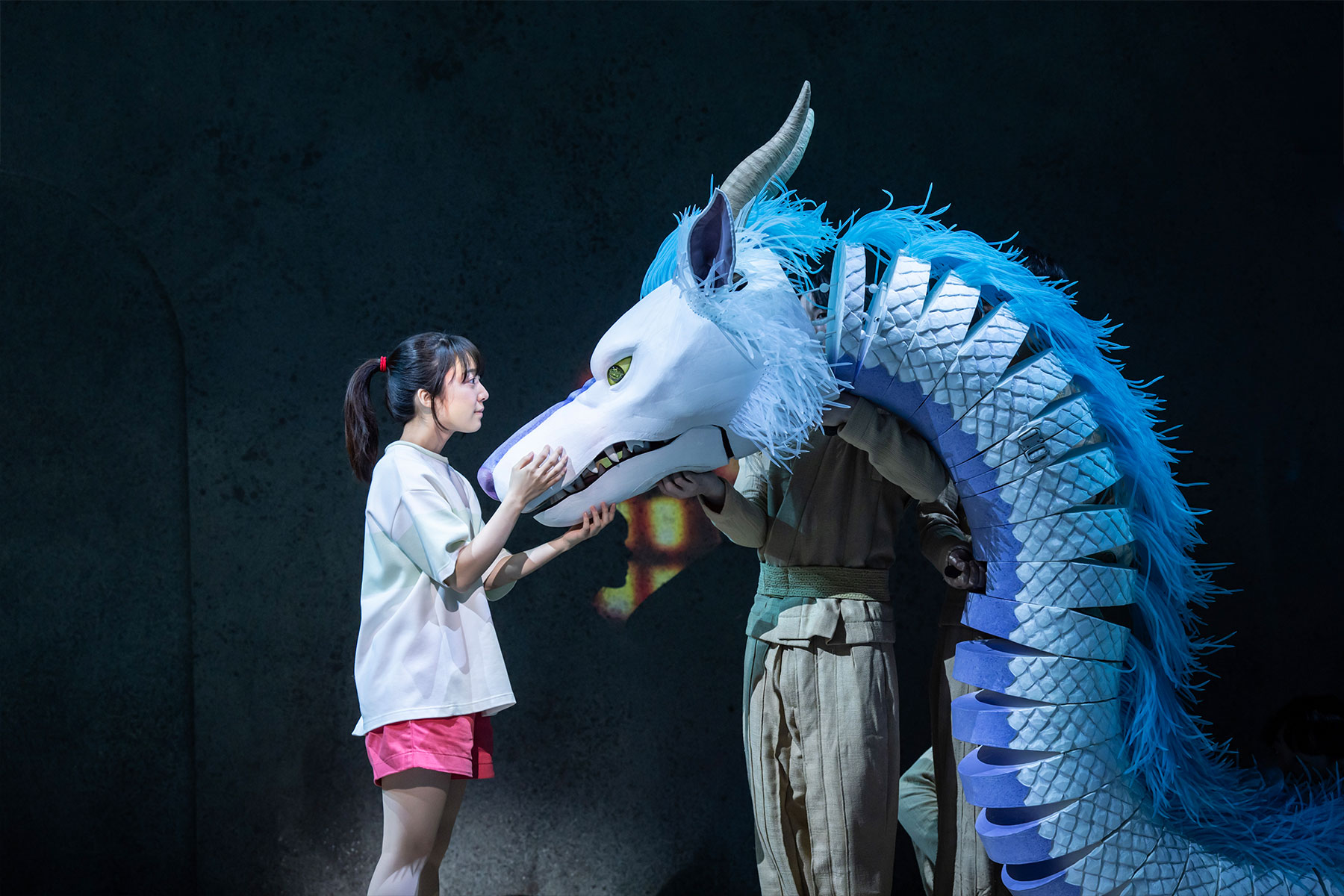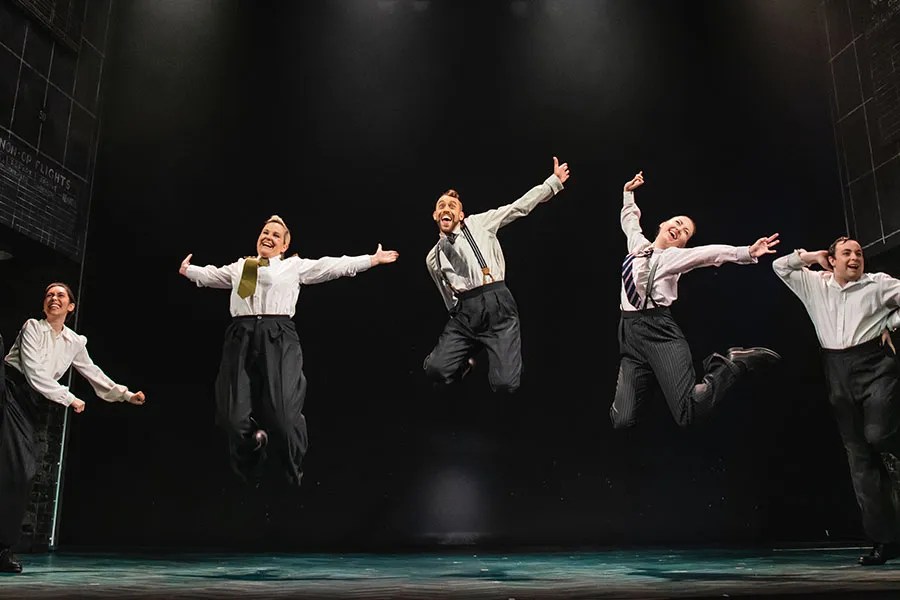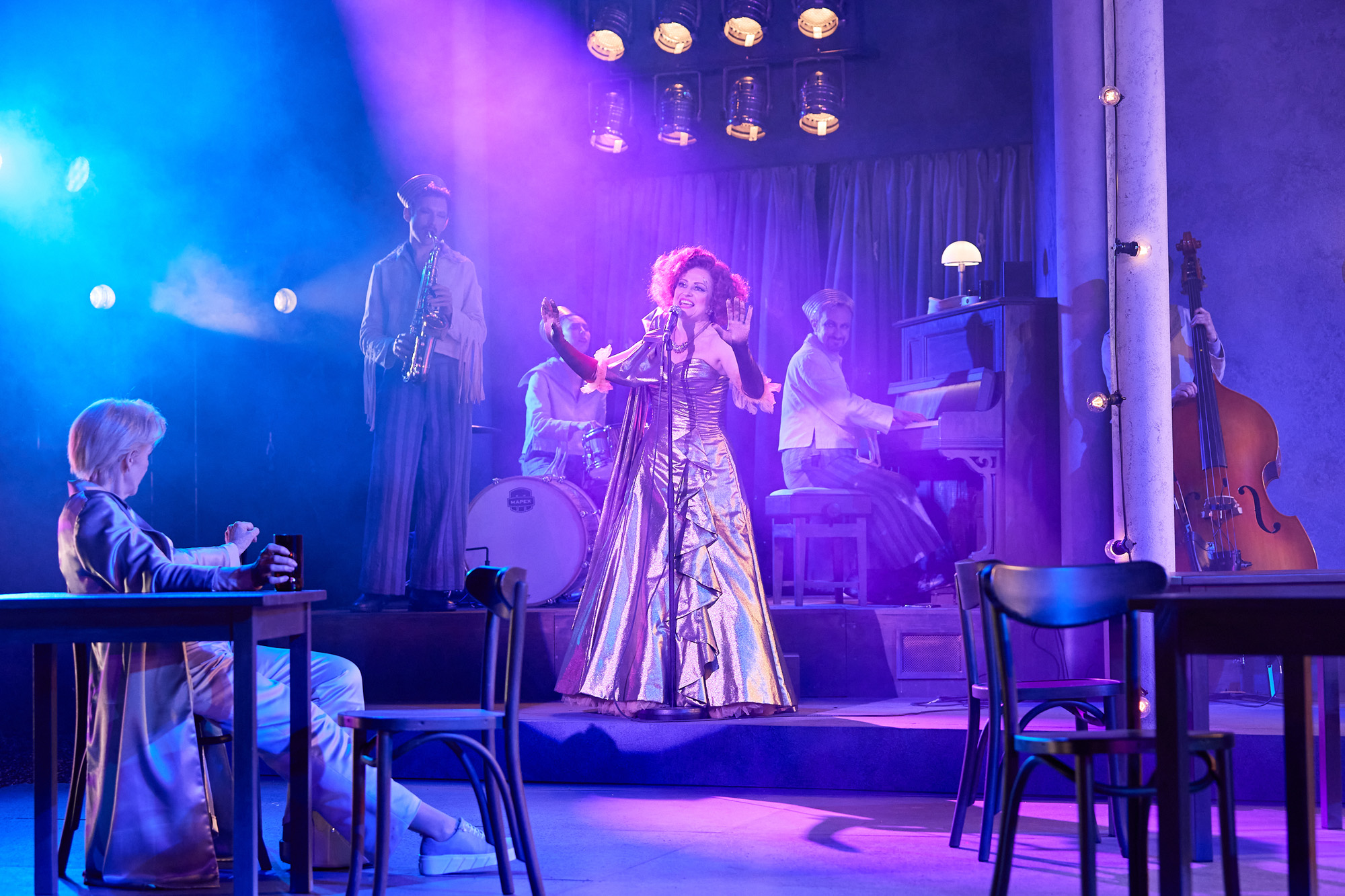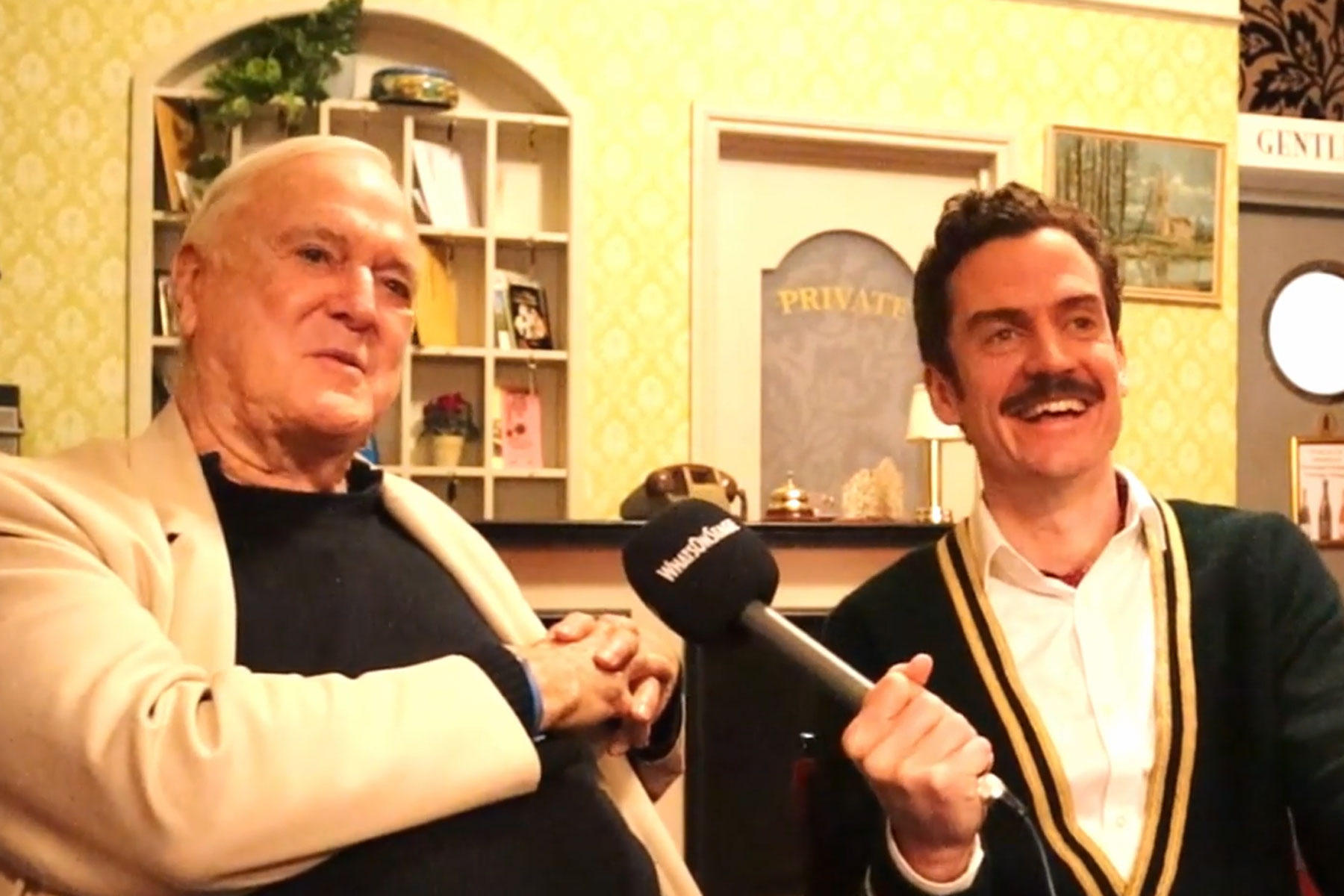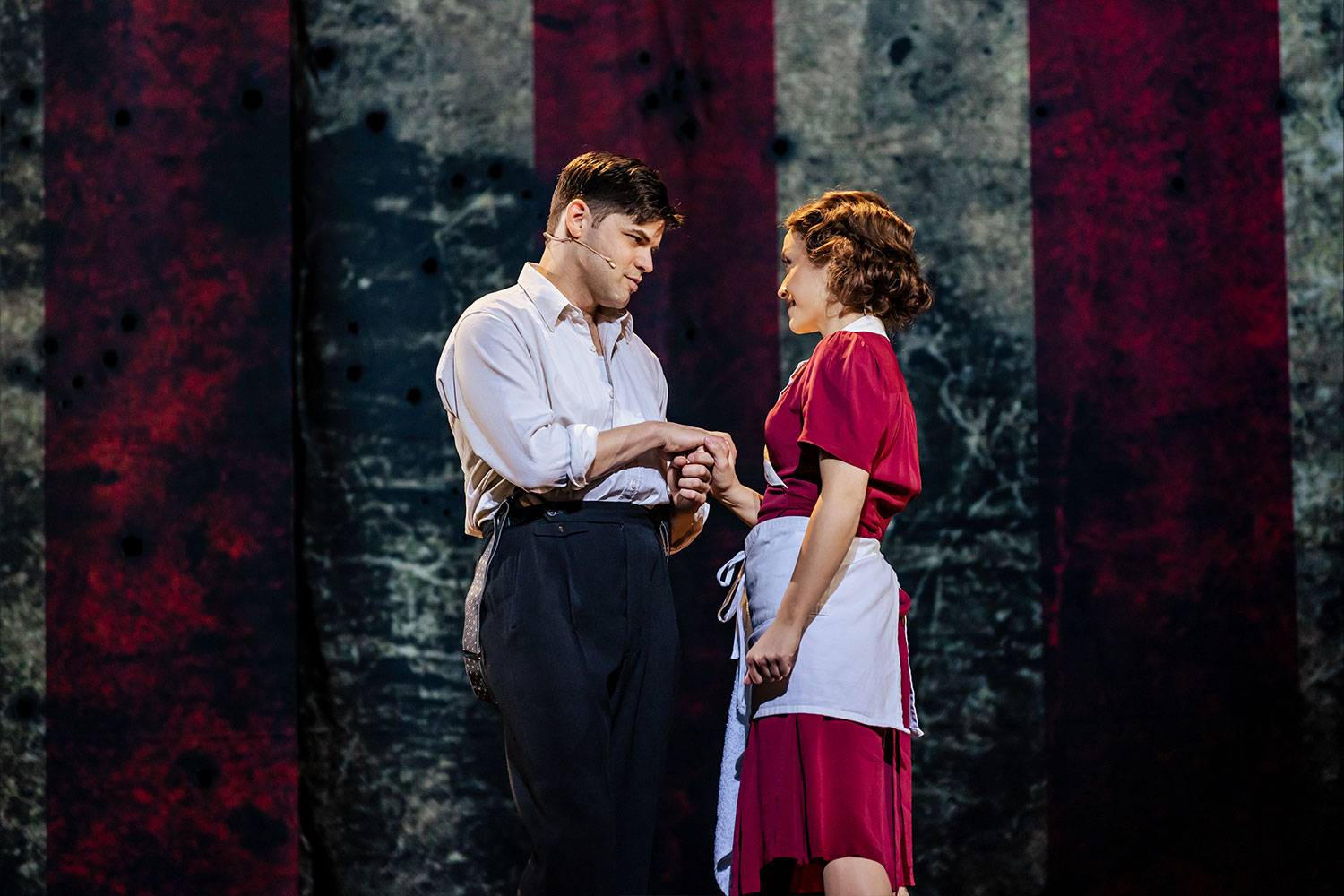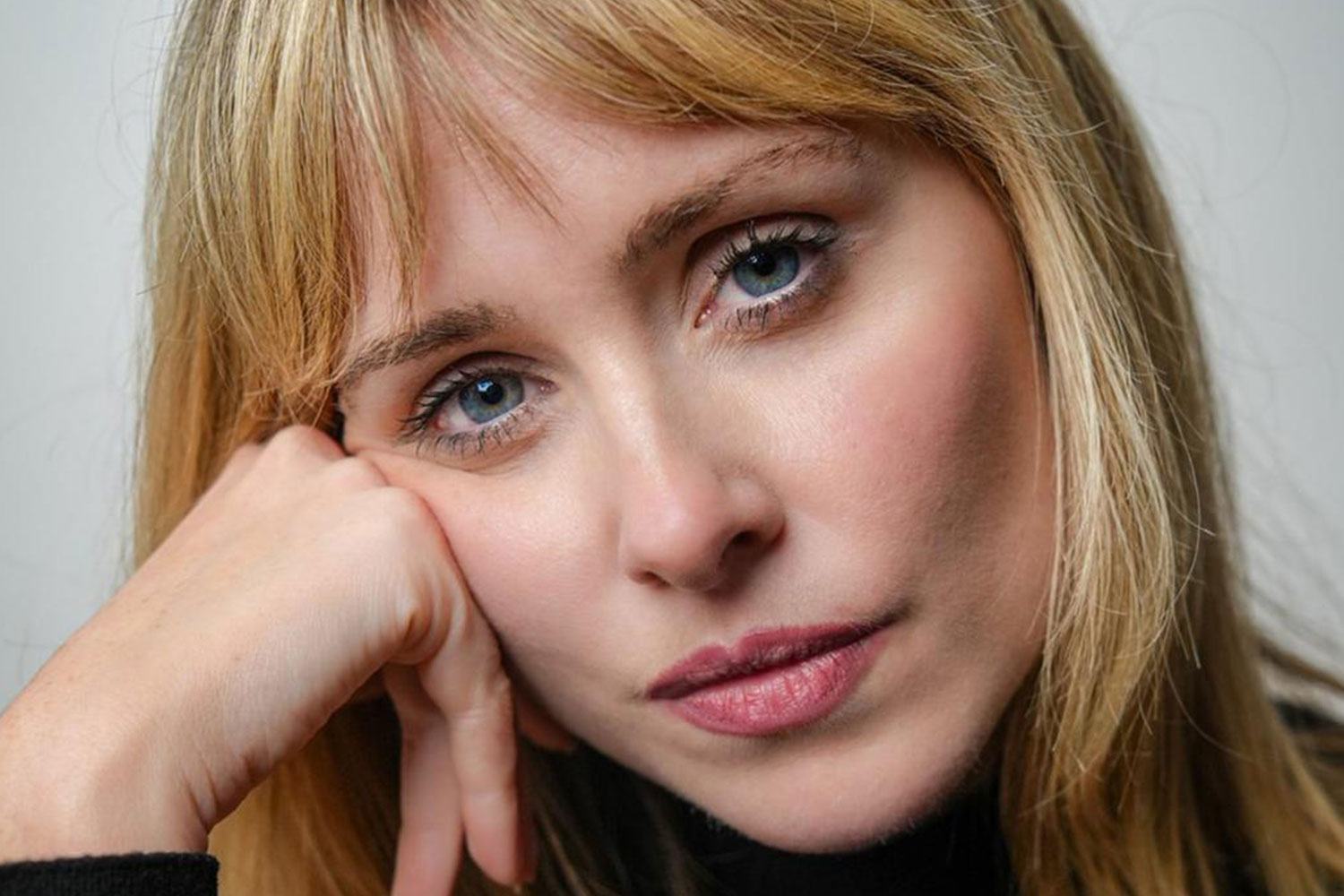Rafta Rafta (Bolton)
Originally produced to great acclaim at the National Theatre in 2007 and then on Broadway in 2008, it seems only natural that the play should be given a high profile production in Bolton, the town of its setting.
The play explores the often complex and difficult marital relationships between newlyweds Vina and Atul and both their sets of parents, whilst also delving into the area of mother/daughter and father/son relationships.
With British Indian families at its core, it could have been all too easy for Khan Din to focus on racial issues which can lead to cliched stereotypes. Thnakfully he avoids this and places the focus on the personal and humanistic elements. However, the tone of the play is uneven and whilst a talent for sharp and smart writing is evident in Din’s script, there are all too often scenes that feel uncomfortable and unnatural with characters given speeches and lines that seem out of kilter with the established characterisations.
On the whole the cast compensate for this problem reasonably well but, again, they’re not all evenly matched. Simon Nagra leads the cast as patriarch Eeeshwar Dutt, a character who bears a striking similarity to George Khan, patriarch of the family in the writer’s earlier play East is East, but with less likeability. Nagra is solid enough but he seems to struggle with the complexity of this character and his performance lacks subtlety.
The writing is clearly stronger for the female characters and this is reflected in the performances of Harvey Virdi and Rani Moorthy as Lopa Dutt (Atul’s mother) and Lata Patel (Vina’s mother). Their characters contrast nicely in their outlook and behaviour and both actresses are compelling to watch. It’s a shame then that Bhavna Limbachia is so wooden as Vina, the third and youngest of this trio of wives. Her lack of experience and stage presence is particularly exposed during her scenes with Darren Kuppan who plays Atul, husband. Kuppan is excellent and he superbly portrays a young man struggling to find his feet in marriage.
The staging and directions is significantly stronger than the performances. Set in the round designer Lis Evans has cleverly used every inch of space on offer to create a highly effective set that clearly distinguishes the cramped rooms of the terraced house, and director Iqbal Khan uses the space to its full potential. If the play drags at times, it’s certainly not the fault of the director who keeps the action speedy and ensures that scene transitions and entrances and exits are slick and integrated into the narrative.
Despite some genuinely funny and poignant moments, Rafta Rafta is a problematic play, that lacks originality. It’s a reasonably entertaining night at the theatre but it’s too long, frustrating at times and therefore, ultimately unfulfilling.
– Malcolm Wallace



